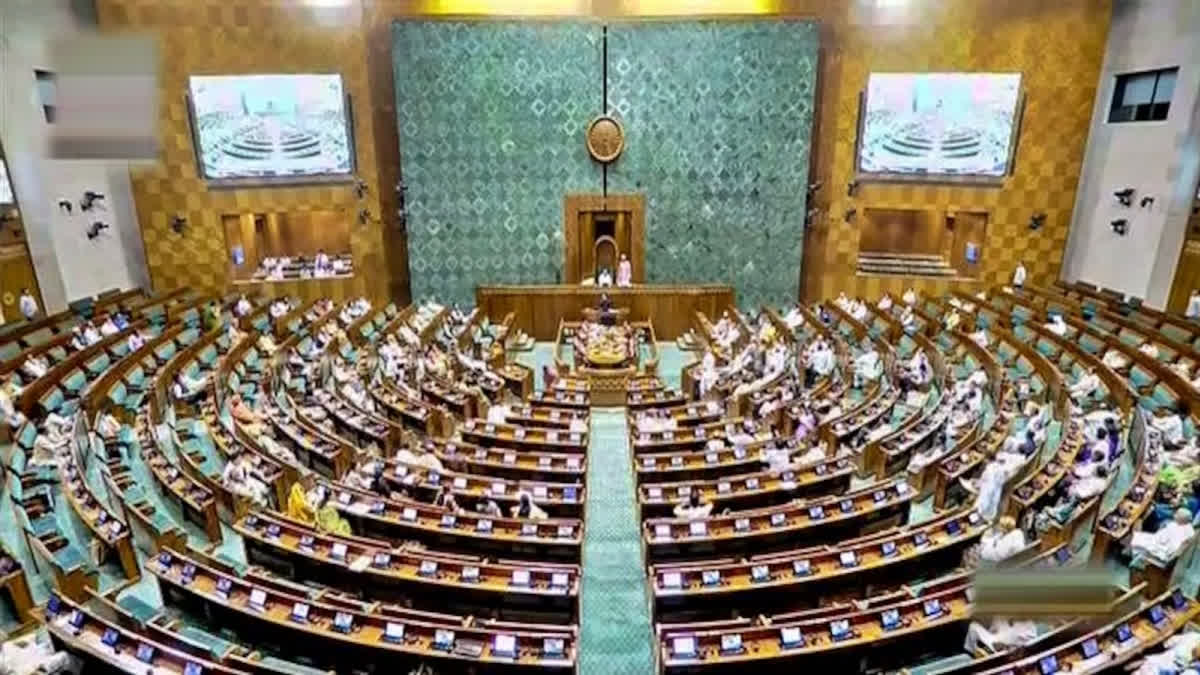Communications Minister Ashwini Vaishnaw Monday introduced a comprehensive bill in the Lok Sabha to regulate the telecom sector in the country which as of now has been governed by three major laws, including two laws passed during the British Raj and the third law enacted more than seven decades ago when no one could even think of the telecom sector and telecommunication and internet services as they exist today.
Vaishnaw said the sector was a key driver of economic and social development and a gateway to digital services. Moreover, the security of the country was also vitally dependent on the safety of the telecommunication network therefore a new law was required to replace the three laws passed in 1885, 1933 and 1950 – the Indian Telegraph Act of 1885, the Indian Wireless Telegraphy Act of 1933 and the Telegraph Wires (Unlawful Possession) Act of 1950.
In the Telecom Bill 2023, there is a thrust on the development of telecom networks in the country by providing the right of way for the expansion of telecom networks. At the same time, the Bill also has detailed provisions for the protection of the rights of telecom users while ensuring national security.
The Bill defines telecommunication as transmission, emission or reception of any messages, by wire, radio, optical or other electromagnetic systems, whether or not such messages have been subjected to rearrangement, computation or other processes by any means during transmission, emission or reception. In short, it covers all kinds of messages transmitted over radio waves or the internet.
The proposed law has expanded the definition of telecommunication equipment as it includes any equipment, appliance, instrument, device, radio station, radio equipment, material, apparatus, or user equipment, that may be or is being used for telecommunication, including software and intelligence integral to such telecommunication equipment. It means that if Artificial Intelligence (AI) has been used in operation of any telecom equipment or telecom network then it will also be covered under the new law.
Moreover, it also covers telecommunication identifiers which include a series of digits, characters and symbols used to uniquely identify a user. In this way, it also covers IMEI and ISMI numbers assigned to mobile devices and SIM cards.
Public Safety in Telecom Bill 2023
Under the Telecom Bill 2023, the government has dealt in detail with the role of telecom networks during the public emergency including in disaster management to ensure public safety and national security.
In such a situation, the government proposes to take temporary possession of any telecommunication service or telecommunication network so that the messages of a user or group of users authorised for response and recovery during a public emergency are routed on priority.
Moreover, if the government is satisfied that it is necessary for national security and public safety then it can direct any message or class of messages, to any person or class of persons, and messages emanating or transmitted through any telecom equipment either shall not be transmitted or shall be intercepted or detained and they will be disclosed to the government in an intelligible format. This power also extends to detaining and intercepting messages on a particular subject as well.
